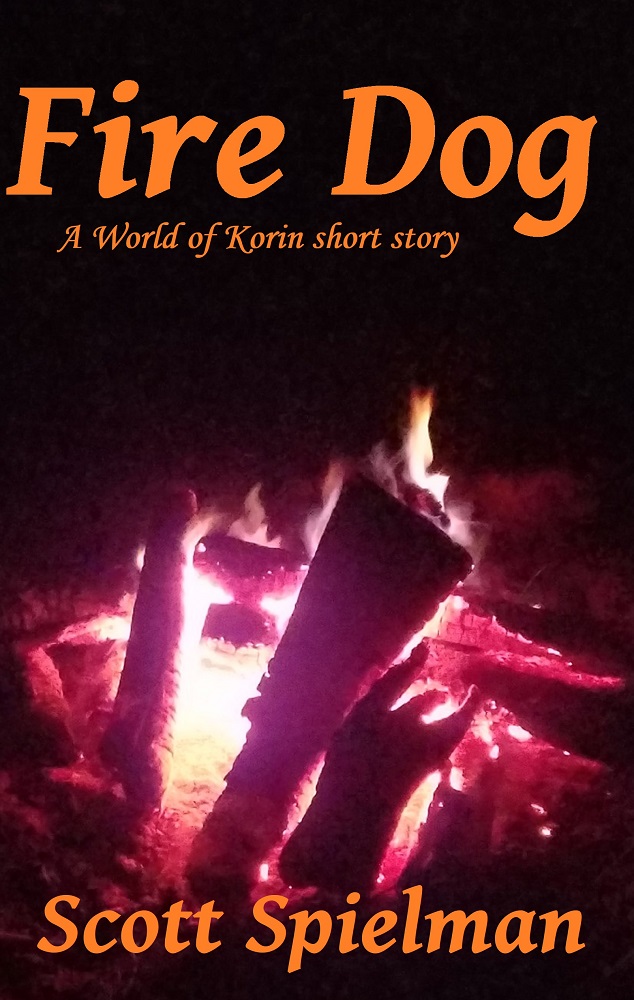“When you look through the years and see what you could have been
Oh, what you might have been, if you would have more time…”
I have always had a love/hate relationship with time, whether it’s time well spent, an impending deadline, a change in season, a new month—or time wasted.
Many of my favorite songs deal with the subject; my ‘Oddly Inspirational’ playlist is filled with music that reminds me how time is slipping away. I remember that every time I go to a bookstore and run my fingers across the smooth volumes on the shelves and see another title from an author whose debut I read or checked out years ago.
Could’ve been me, I think. Or, could be me.
Yet I’ve remained trapped, in my own personal writing at least, by procrastination. Days and weeks go by as I’ve searched for the right formula to make everything come together. Maybe you’re the same way: between the job, the chores, the inane necessities of life, or walking the dogs, staying somewhat social and fit, you wonder: how is finding time to write possible?
Well, I’ve got good news and I’ve got bad news. The bad news is there’s no perfect formula. Nobody can do it the same way. Most advice, including this, is unnecessary. But that’s also part of the good news, because the good news is there is a formula and it exists in your mind, within your grasp. The only thing holding you back is you.
I realize as I type this that I am, in part, talking to myself. But my goal is to help others with my own struggles because I don’t think they’re that uncommon.
I recently started watching a series of courses put together by entrepreneur Peter Sage about changing your mindset and overcoming procrastination. It’s been a hit-or-miss series so far: some lessons are good, some irrelevant. They are not in any way geared toward writing, but I look for ways to apply them to that lifestyle. His goal is to get people to succeed in business and, in the end, writing is a business.
The introduction to one lesson stuck out to me. In about 40 seconds, he essentially says the excuse about not having enough time (he meant for the course, but it’s easily applicable to writing) is bullshit.
“We all have the same amount of time every single day,” he said. “What you’re really saying is I’m not making transforming my life or getting rid of my negative patterns a priority. Or, I’m getting too much secondary gain from being a victim.”
Essentially, he’s saying that he—and all the advice columns you read or listen to—can only do so much. You have to make the commitment; you have to put your butt in the chair, as Anne LaMott would say (and, in fact, has).
I still scoff at some of the writing advice out there, authors who say they keep a notebook and jot stuff down in 15-minute intervals or while they’re waiting to flip a grilled cheese sandwich or something. That never sounded practical to me. Sage’s advice isn’t about that: his point is that his course only requires about an hour a week and, if you’re reluctant to give up that much, are you really committed?
If you’re in the same situation as I’m in (self-imposed, I know), you need to ask yourself the same question: how committed am I? Do I really want this? Between all you do, is there an hour a day you can take control of? I bet, between the phone, doom-scrolling on social media, the TV or something else, there is. Find it. Recognize it. Make it work for you.

